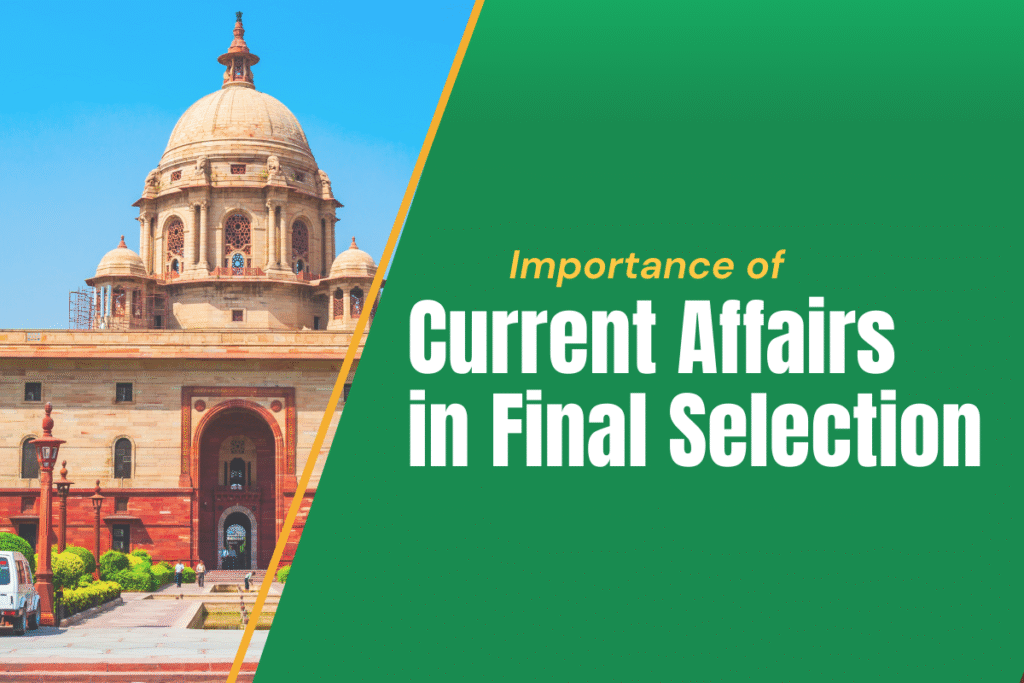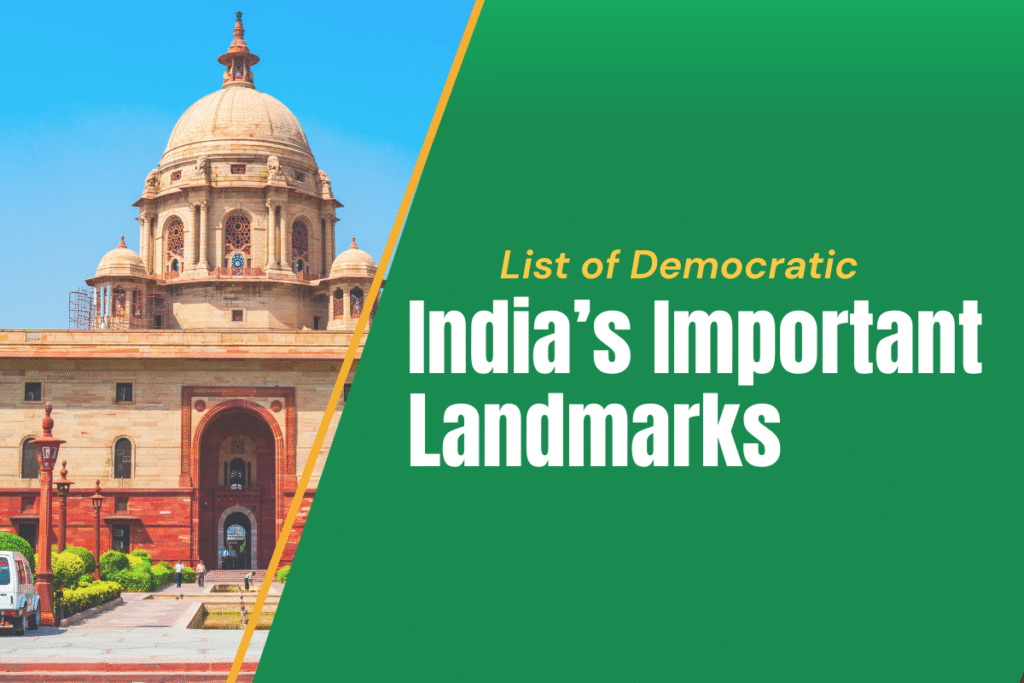
List of Important Landmarks in India’s Democratic Journey
India’s democracy is one of the largest and most vibrant in the world. Since gaining independence on 15th August 1947, the nation has witnessed several significant political, constitutional, and social milestones that have shaped its democratic framework. For UPSC, HPAS, and other competitive exams, knowing these key landmarks in India’s democratic journey is crucial.
India’s Democratic Journey
A continuous process of reforms, challenges, and public participation. For UPSC and HPAS aspirants, knowing these landmarks helps understand how constitutional principles translate into political realities.
Independence & Adoption of the Constitution (1947–1950)
15 August 1947 – India became independent from British rule.
26 January 1950 – The Constitution of India came into effect, making India a sovereign, socialist, secular, and democratic republic.
First General Elections (1951–52)
The first Lok Sabha elections were held using universal adult suffrage.
Over 17 crore citizens were eligible to vote, a landmark in democratic participation.
States Reorganisation Act (1956)
India’s states were reorganised based on linguistic lines.
Strengthened federalism while respecting cultural and linguistic diversity.
Green Revolution (1960s–1970s)
Though primarily an agricultural achievement, it was also a democratic milestone—ensuring food security and political stability.
The Emergency (1975–77)
Declared by then Prime Minister Indira Gandhi.
A critical phase that tested India’s commitment to democratic values.
Post-Emergency elections restored faith in people’s power.
Mandal Commission & Reservation Policy Expansion (1990)
Increased reservation for OBCs in government jobs and educational institutions.
A major step towards social justice in a democracy.
Right to Information Act (2005)
Empowered citizens to seek information from the government.
A significant transparency and accountability reform.
Lokpal and Lokayuktas Act (2013)
Created an independent anti-corruption ombudsman.
Strengthened public trust in governance.
GST Implementation (2017)
A landmark economic reform for “One Nation, One Tax”.
Showed democratic consensus-building in a federal structure.
Abrogation of Article 370 (2019)
Revoked special status of Jammu & Kashmir.
A major constitutional change with significant political impact.
Conclusion
India’s democratic journey is a continuous process of reforms, challenges, and public participation. For UPSC and HPAS aspirants, knowing these landmarks helps understand how constitutional principles translate into political realities.
📚 Boost Your UPSC & HPAS Prep – Buy CivilsTap Courses & Study Material






Leave Comment